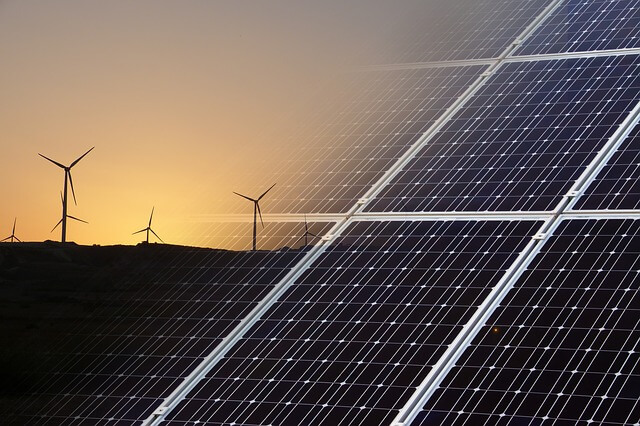SMART METERS
SMART METERS
A smart meter is an electronic device connected in an electrical circuit to record electrical parameters and communicate this information to both the utility company and the consumers.
Note that, a smart meter is different from earlier versions of meters in one major way, they communicate events in real time while the obsolescent older versions rely on a service man to read it.
The information retried from non-smart meters are in most cases late and when decision are made based on such information, they address events that happened in the past. In electrical supply systems, this is a draw back since electricity is produced on demand, meaning production and consumption happens simultaneously. And once produced there is yet to be found a best way to store electricity so that it can be used in another time space. Therefore, a smart meter becomes imperative especially now when economic activities are on a raise translating into high demand for reliable electricity supply. On the other hand, climate change is influencing how much electricity can be produced with the available water resources each year.
Smart meters on the other hand communicate events as they happen. The fact that smart meters can communicate opens a lot of opportunities for both suppliers of electricity and the customers.
Before we go into these opportunities lets first look at what has happened in the electrical systems world over without going into details.
The world’s economic activities have never been this high in the history of mankind. These economic activities are largely driven by robust electrical supply systems. One can roughly say that the more stable and reliable an electrical system for a country is, the better the economy of that country.
This reliance of economies on electricity has led to many countries move towards deregulation of electrical supply systems and market-driven pricing of electricity. This to allow private participation in the industry with the hope of attracting private capital to supplement electrical capacity building. Since we are now living in the realities of globalisation, it is near impossible for a county to escape these trends in the industry. For that reason there has been a general increase in the prices of electricity which is natural as the world gets more and more industrialised.
Now because of this general increase in the cost of electricity there is need to democratise the use of electricity and smart meters becomes a tool in this process. Smart meters have the ability to inform the consumer how much is being used so that they can adjust consumption to the needs and the economy and the utility company so that only what is needed is supplied. This could mean water reservoirs would be better managed over the year and load shedding would either finish or be constant and more predictable. In short the system would be better managed.
Now then what are the benefits of smart meters to consumers?
Firstly, Smart Meters will take away the unpredictability of how much electricity is used and for what. This leads to better planning of electricity consumptions and this gives the consumer an opportunity to reduce the cost of electricity per month through informed use of electricity (Smart consumption).
Secondly, as the cost reflective model establishes itself, soon electricity will be costing more or less during certain periods of the day and seasons given the huge variations in water levels. When that happens, the consumer will be equipped with the information about their consumption and can avoid buying electricity when it is expensive.
Thirdly, if well managed there is a potential of avoiding blackout due to faults. This is because smart meters are able to communicate these faults so that the response team can be sent even before the consumer calls. The smart meter would have already communicated the faulty.
Fourthly, there would be more fairness in how consumers’ access electricity in that illegal connections will be impossible. That means there will be more electricity to those consumers who are legally connected.
Overall, studies show that the implementation of smart meters reduce electricity consumption for home owners by approximately 3-5%.
To the utility company, smart meters provide a very valuable overview of the whole system. They make planning of generation more accurate so that there is no unnecessary use of raw materials e.g. Water, coal whatever is used to produce electricity.
The response time to attend to faults is reduced because the information is received as the faults happen even before in some cases.
This increased understanding of the system helps utility companies better meet client’s energy needs while reducing the likelihood of additional infrastructure investments. That takes away unnecessary capital expenditures which leads to avoiding unnecessary energy cost increases as a way of financing capital projects.
In conclusion it is hard to see how we can face the future of our energy consumption without smart meters. As we get more comfortable with life and it is progressively becoming impossible to live without electricity, we will need to be more aware about how we buy and spend our electrical units hence the need for smart meter

